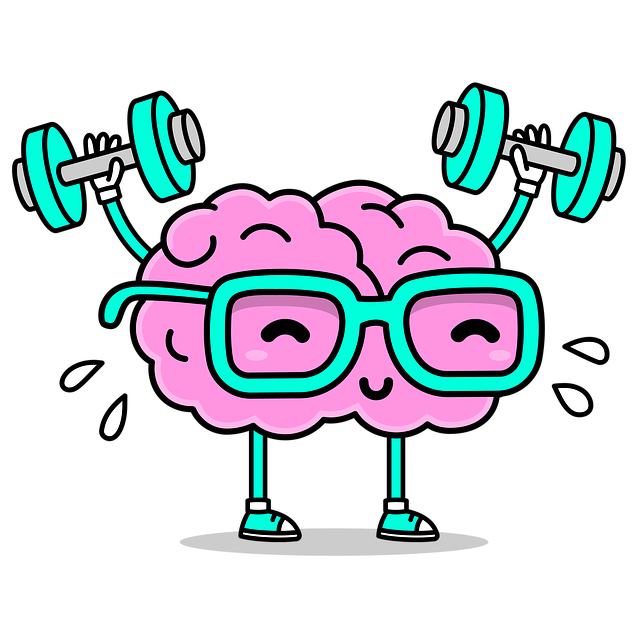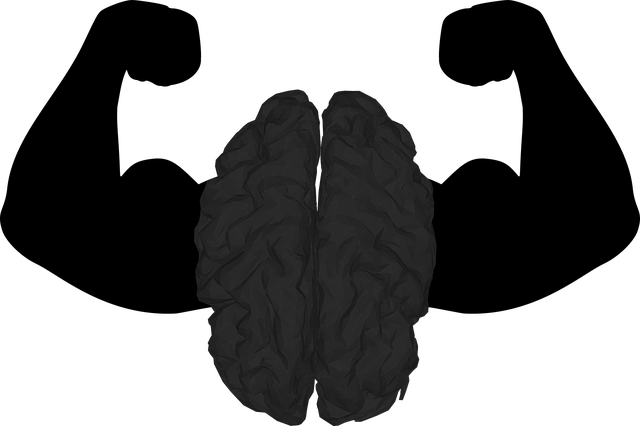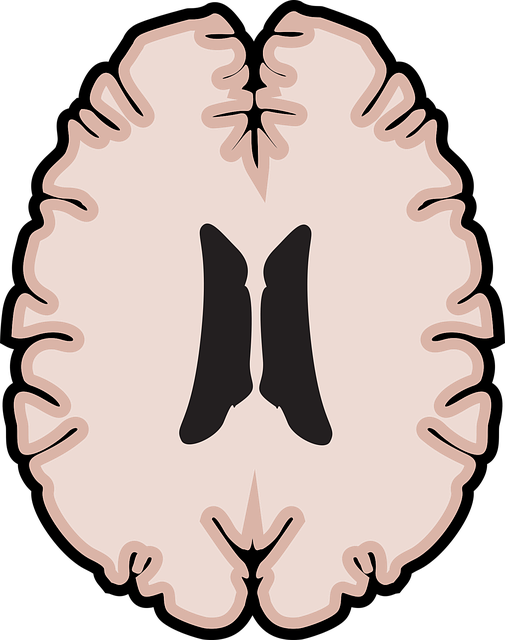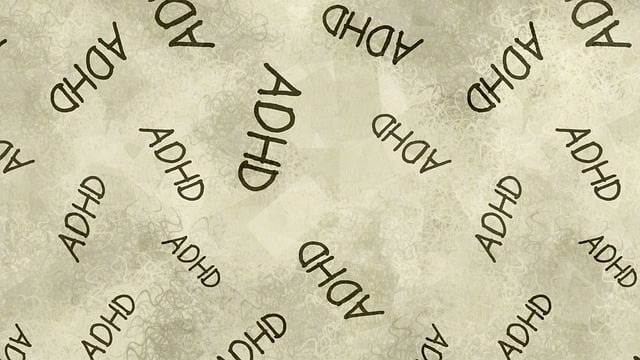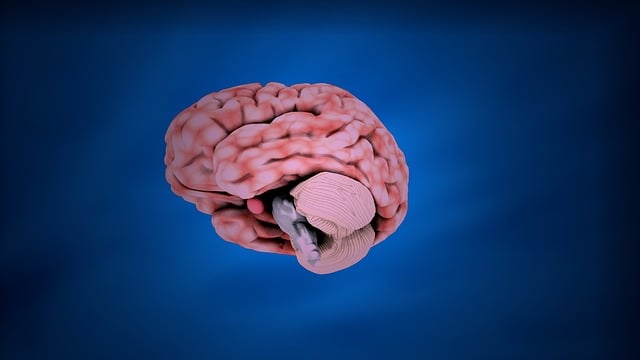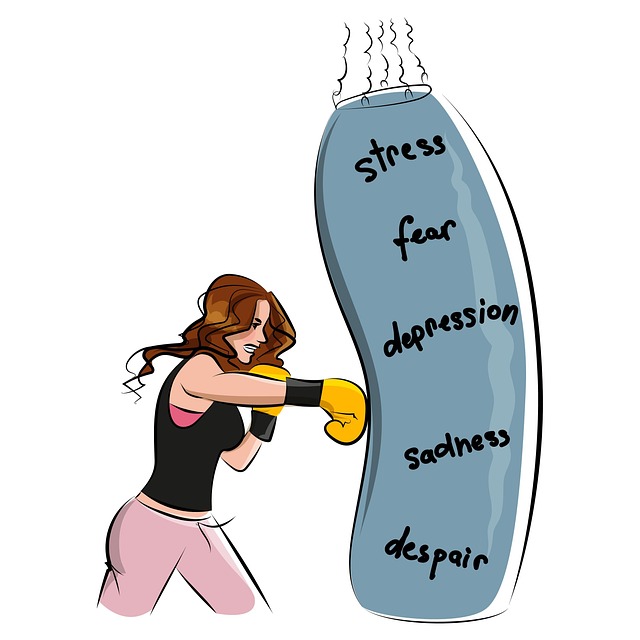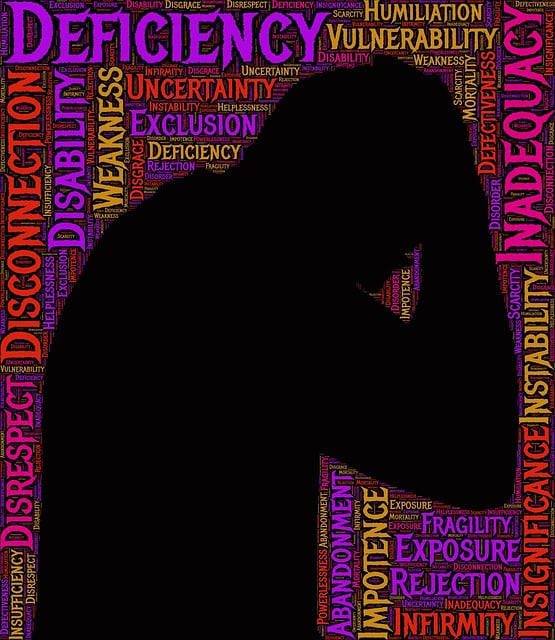Mental health issues in young children often go unnoticed due to their developmental stage, but early identification is crucial. Signs like behavior changes and mood swings should prompt parents, caregivers, and educators to seek help. Family counseling, therapy, and trauma support services play vital roles in addressing these issues. Mental health education empowers both children and parents to recognize warning signs and advocate for treatment. Collaborative approaches involving therapy and family counseling strengthen bonds, foster resilience, and promote healthy development. Community support, including stigma-reducing organizations, offers additional resources like stress management workshops. This comprehensive care ensures young individuals successfully navigate their mental health journeys.
Mental illness diagnosis and treatment navigation assistance is crucial for young children, as early intervention can significantly impact their future well-being. This article explores key aspects of supporting young minds, including understanding mental health issues in children, the role of family counseling in diagnosis and support, accessing effective treatment options, and strategies for navigating the healing journey together. By integrating therapy with family counseling, parents and caregivers can foster a supportive environment that enhances recovery.
- Understanding Mental Health Issues in Young Children
- The Role of Family Counseling in Diagnosis and Support
- Accessing Effective Treatment Options for Kids
- Strategies for Navigating the Healing Journey Together
Understanding Mental Health Issues in Young Children

Mental health issues among young children are often overlooked due to their developmental stage and the unique challenges in recognizing symptoms. Early identification is crucial for effective treatment, as it allows for intervention before conditions escalate. Many mental health disorders, such as anxiety, depression, and trauma-related disorders, can present in childhood and, if left unaddressed, may have long-lasting impacts on a child’s overall well-being and future development. Parents, caregivers, and educators play a vital role in detecting subtle signs, like changes in behavior, mood swings, or difficulties in social interactions, which could indicate underlying mental health struggles.
Family counseling and therapy are powerful tools for supporting young children and their families. These approaches provide a safe space to explore and understand the child’s experiences, while also fostering better communication and connection within the family unit. Trauma support services tailored for children can help them process and heal from adverse events, preventing further complications. Public awareness campaigns focused on mental health development are essential in educating communities about these issues, breaking down stigma, and encouraging early intervention, ultimately ensuring better outcomes for young individuals.
The Role of Family Counseling in Diagnosis and Support

Family counseling plays a pivotal role in navigating mental illness diagnosis and treatment for young children. This collaborative approach involves all primary caregivers, fostering open communication and shared understanding of the child’s emotional and behavioral challenges. Through structured sessions, family counselors help identify underlying issues, enhance coping strategies, and strengthen bonds between family members. By promoting resilience building and emotional intelligence, these interventions equip families with the tools needed to support their child’s mental health effectively.
Incorporating mental health education programs designed for both children and parents is another key aspect of family counseling. Educating young minds about emotional expression and stress management empowers them to advocate for their needs. Simultaneously, parents gain insights into child development, enabling them to recognize early warning signs of mental illness and seek timely intervention. This holistic approach not only facilitates accurate diagnosis but also fosters a supportive environment that enhances the efficacy of subsequent therapy for young children.
Accessing Effective Treatment Options for Kids

Accessing appropriate treatment options is a pivotal step for young individuals facing mental health challenges. For kids, therapy plays a crucial role in fostering resilience and healthy development. One effective approach is family counseling, which involves parents or primary caregivers as an integral part of the therapeutic process. This collaborative method not only addresses the child’s needs but also strengthens family bonds, providing a supportive network essential for recovery.
In addition to therapy, organizations dedicated to mental illness stigma reduction efforts offer valuable resources, including stress management workshops tailored for young minds. These initiatives aim to educate both children and their families, empowering them with coping strategies and confidence-boosting techniques. By combining professional therapy with community support, we can ensure that kids receive the comprehensive care they need to navigate their mental health journeys successfully.
Strategies for Navigating the Healing Journey Together

Navigating the path to healing together is a powerful approach when dealing with mental illness, especially for young children. This collaborative journey often involves the entire family, who can play a vital role in supporting their loved one’s recovery. Family counseling sessions are an excellent strategy here; it provides a safe space for everyone to express their feelings and fears openly. Through these sessions, families learn effective communication techniques, gain insights into their child’s condition, and develop coping mechanisms tailored to their unique situation.
Incorporating stress reduction methods within this framework is beneficial for both the child and the family. By teaching young individuals healthy ways to manage stress, they can better regulate their emotions and develop resilience. Cultural sensitivity in mental healthcare practice is also key; recognizing and respecting diverse cultural beliefs and practices ensures a more inclusive and effective support system. This holistic approach, combining therapy for young children, family counseling, and tailored stress management strategies, empowers families to actively participate in their loved one’s healing journey.
Navigating mental illness in young children involves a holistic approach, where understanding their unique challenges and providing comprehensive support are key. Family counseling plays a pivotal role in diagnosis and offers a safe space for everyone involved. Accessing effective therapy options tailored to each child’s needs is essential for positive outcomes. Together, parents and caregivers can empower their children through the healing journey, fostering resilience and growth with the right guidance and resources.

